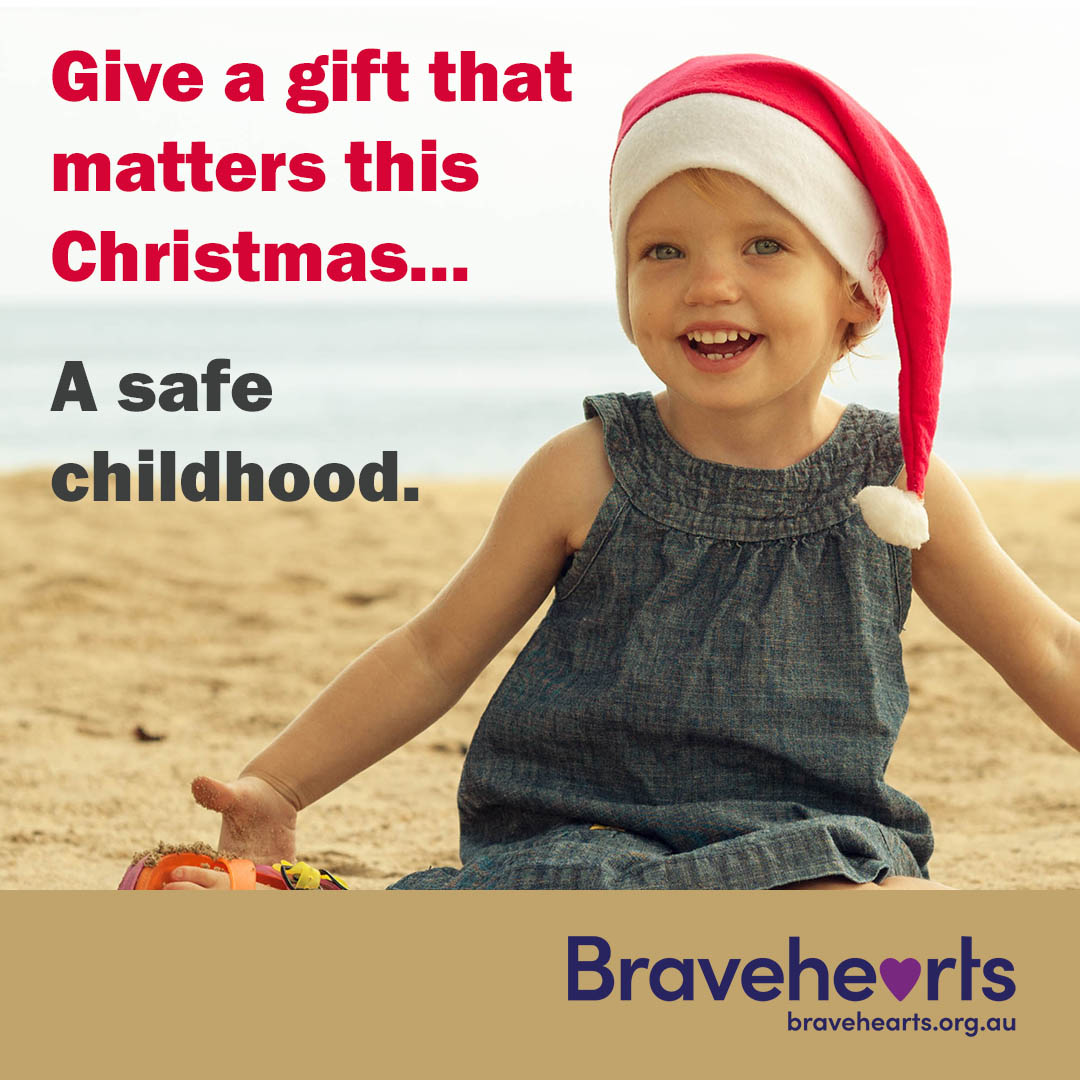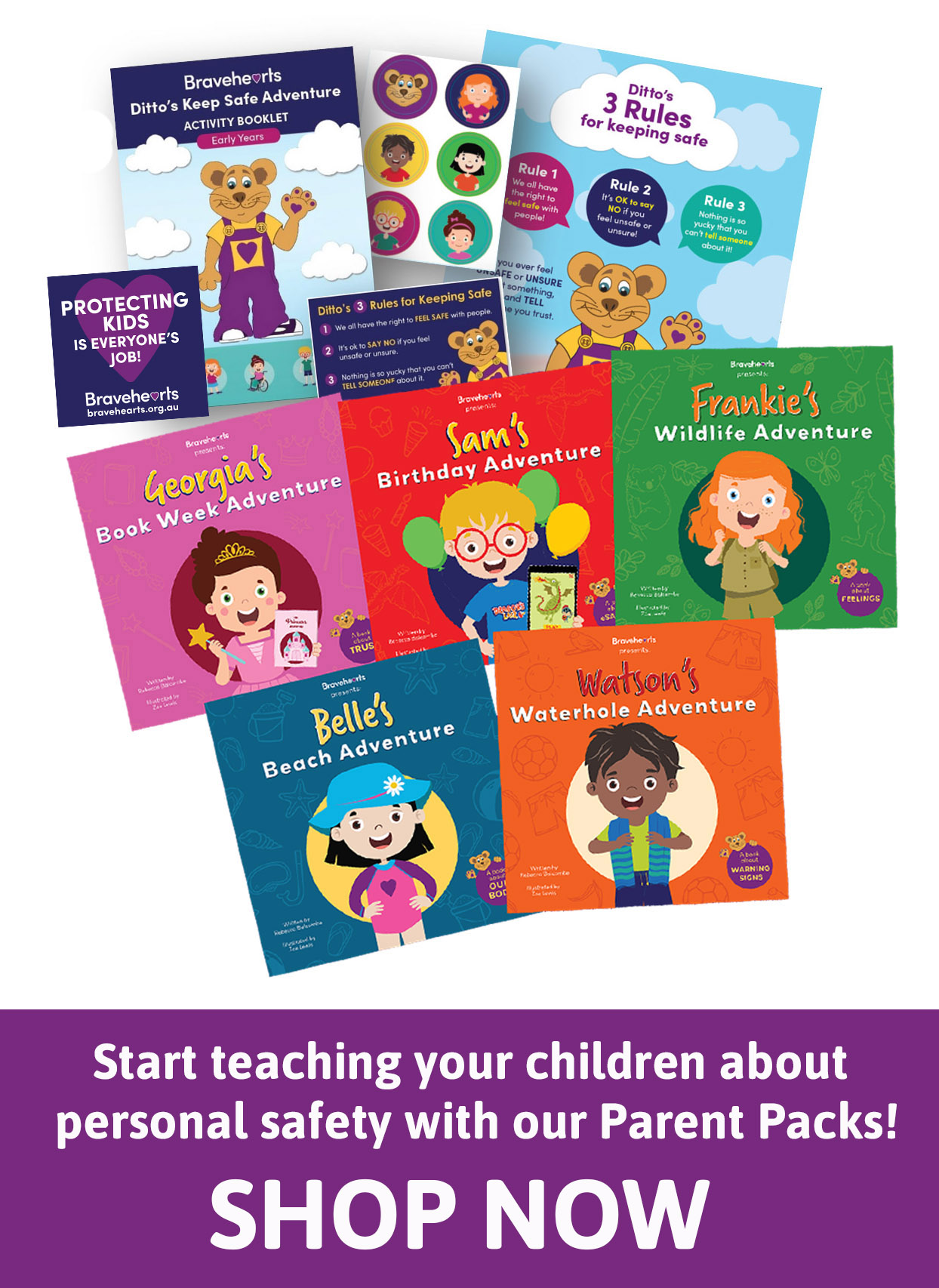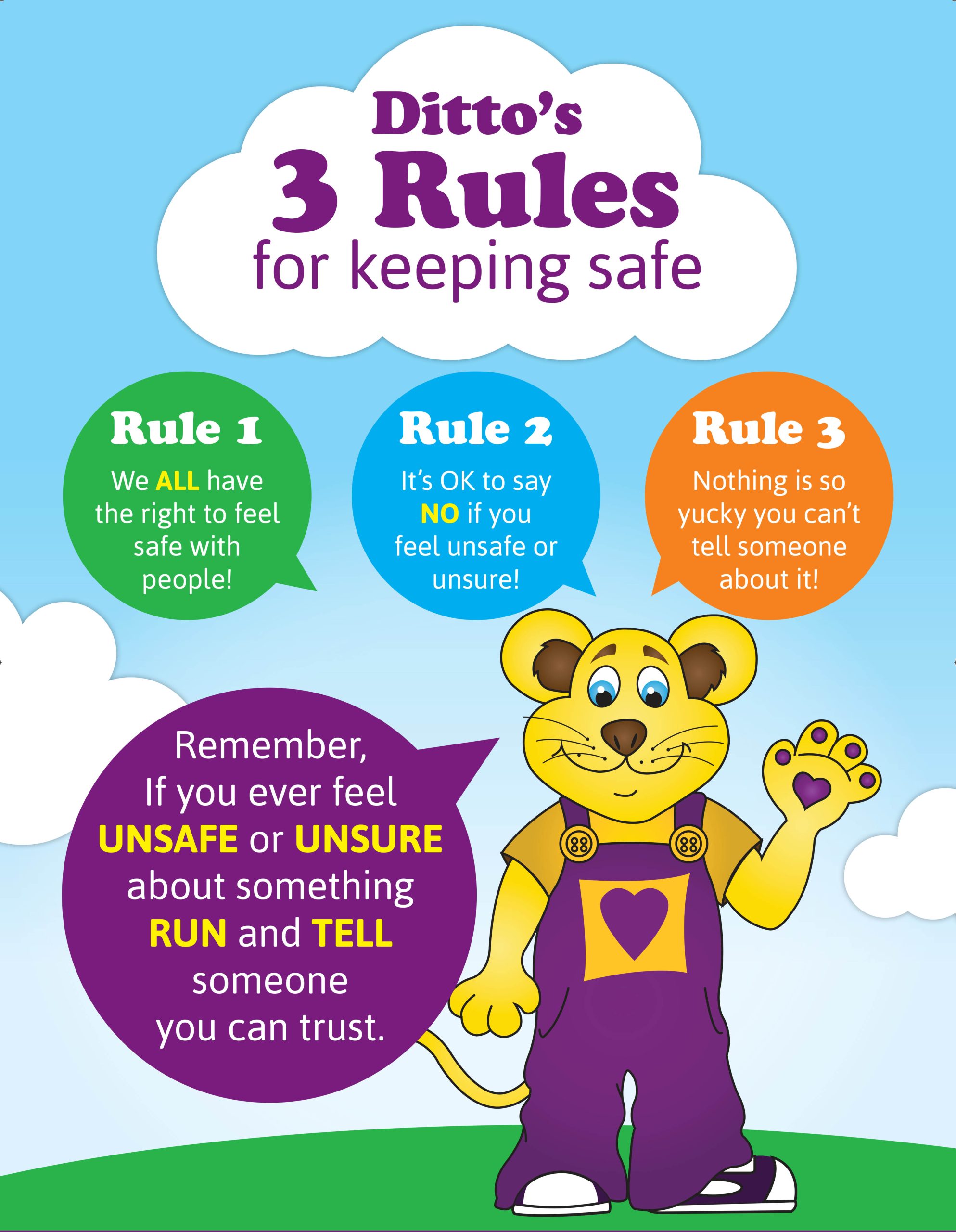Category
Helpful Links
- Home > Latest News > Protecting Our Kids: Teaching Children About Personal Safety
One of the most important things we can do as parents and caregivers is protect our children by educating them about personal safety. Teaching children simple strategies about keeping safe can help them build confidence, resilience and empower them to be safe in a variety of situations.
It’s not difficult to educate children about personal safety. All it takes is the willingness to start, some help with content, and time.
The importance of personal safety
Research shows that teaching children about personal safety:
- Reduces the likelihood of a child entering into an unsafe situation.
- Clearly demonstrates how to respond to an unsafe situation.
- Increases a child’s sense of confidence and in doing so increases their resiliency.
- Increases a child’s knowledge of their personal rights i.e. “I have the right to feel safe with people”.
- Increases the likelihood that the child will speak out if they feel unsafe and tell someone they trust.
- Can interrupt or prevent grooming.
It’s never too early to teach personal safety
It’s never too early to sow the seeds of personal safety and children can begin learning about keeping safe as young as three. As parents, we need to teach our children five basic principles (which form the basis of our personal safety education program for young children, Ditto’s Keep Safe Adventure).
These principles are:
- To trust their feelings and to distinguish between ‘yes’ and ‘no’ feelings
- To say ‘no’ to adults if they feel unsafe and unsure
- That they own their own bodies
- That nothing is so yucky that they can’t tell someone about it
- That if they feel unsafe or unsure to run and tell someone they trust.
The 3 Rules of Personal Safety
The above personal safety principles can be distilled into three ‘rules’ (also known as ‘Ditto’s 3 Rules’) that you can teach your children. Children should learn these rules through repetition and fun, engaging activities, which you can find in our free Parent’s Guide to Personal Safety. You can also purchase resources related to personal safety that you can use as tools to teach your children these rules.
- We all have the right to feel safe with people.
This rule teaches children and young people that they have the right to feel safe and secure where they live, play, and learn, and that no one has the right to make them do something that makes them feel unsafe or unsure.
- It’s OK to say ‘NO’ if you feel unsafe or unsure.
This rule teaches children and young people that it is OK to stand up for themselves and to be assertive if something doesn’t feel right.
- Nothing is so yucky that you can’t tell someone about it.
One of the reasons that children and young people fail to disclose harm is because they are afraid of getting into trouble. This rule helps to encourage them to speak to a trusted adult, even if something seems scary or terrible.
Other helpful advice
Talk to your kids
Encourage your children to feel comfortable telling you anything, especially if it involves another adult. Encourage your children to identify other trusted adults they can talk to in confidence.
Be aware
Learn about the people with whom your child is spending time. Take notice if someone shows one or all of your children a great deal of attention or begins giving them gifts. Take time to talk to your children, find out why the person is acting in this way.
Empower your kids
Knowledge is power. Teach your children about their bodies. Teach them the correct language to use when describing their private parts. Emphasise that those parts are private. This will make them more at ease if they need to tell you about a touch that made them feel uncomfortable. Additionally, if a child uses a word like ‘garage’ or ‘golf stick’ to describe their private parts, a disclosure might be missed.
Teach them their rights
Teach your kids that they have the right to say NO to any unwelcome, uncomfortable, or confusing touch or actions by others. Teach them to tell you immediately if this happens. Reassure them that you are there to help and it is okay to tell you anything.
Notice changes in behaviour
Be sensitive to any changes in your children’s behaviour or attitude. Encourage open communication and learn how to be an active listener. Look and listen to small indications that something may be troubling your children because children are not always comfortable disclosing disturbing events or feelings. This may be because they are concerned about your reaction to their problems. If your children do confide problems to you, strive to remain calm, non-critical, and non-judgemental. Listen compassionately to their concern and work with them to get the help they need to resolve the problem.
Practice safety skills
Practice basic safety skills with your children. Make an outing to a mall or a park a ‘teachable’ experience in which your children can practice checking with you before going to the restroom with a friend, and locating the adults who can help if they need assistance.
Cybersafety is important too
Teach your child never to give out their last name, address, or phone number to a person on the Internet and never to meet Internet friends in person without a parent’s supervision and consent. Parents should help children choose a screen name that does not disclose information about their location. Teach children not to post pictures with identifying information such as a school uniform. Always keep your computer in a public area of your house – not in a child’s bedroom.
If you have any concerns and wish to talk with one of our trained staff, contact the Bravehearts Information and Support Line on 1800 272 831.
 BACK
BACK




